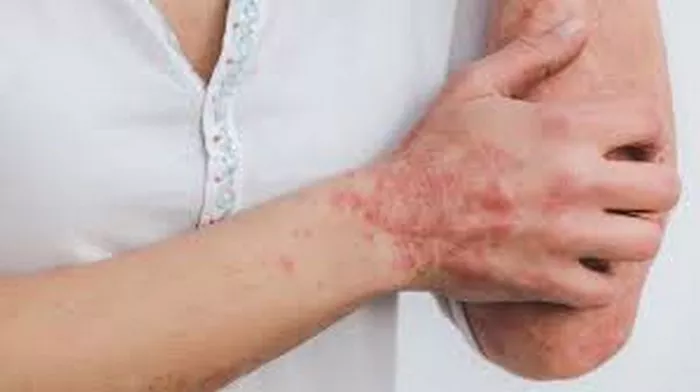Recently, Olympic gold medalist Suni Lee joined a virtual panel hosted by Eli Lilly, shedding light on her personal battle with atopic dermatitis. The panel aimed to raise awareness about this chronic skin condition, with Lee sharing her experiences alongside medical experts including Alexandra Golant, MD, a renowned dermatologist from Mount Sinai.
Dr. Golant, who directs the Dermatology Residency Program at Mount Sinai, spoke to Dermatology Times following the panel, emphasizing the significance of patient advocacy and personalized treatment approaches for managing atopic dermatitis. She underscored Lee’s journey as a powerful example of seeking effective care and highlighted the role of healthcare providers in empowering patients to regain control over their lives despite the challenges posed by the condition.
During the discussion, Dr. Golant reflected on the diverse perspectives brought to the table, including Lee’s firsthand experience, insights from Julie Block of the National Eczema Association (NEA), and her own clinical expertise in treating atopic dermatitis. The panel addressed advocacy efforts led by organizations like the NEA, which facilitate patient support and connect individuals with suitable healthcare providers, crucial for optimizing treatment outcomes.
Key takeaways from the panel discussion included the importance of holistic patient care and tailoring treatment plans to accommodate individual lifestyles. Dr. Golant emphasized the need for healthcare providers to empathetically consider the daily impact of atopic dermatitis on their patients’ lives when recommending treatment options. She stressed that understanding these impacts and prioritizing patient quality of life are central to effective disease management.
The inclusion of Lee’s personal narrative in the dermatological discourse was noted for its rarity in clinical conferences, where scientific data typically dominates. Dr. Golant highlighted how Lee’s perspective underscored the human aspect of atopic dermatitis, reinforcing the healthcare community’s responsibility to support patients in controlling their conditions rather than letting them dictate their lives.
In conclusion, the panel discussion not only illuminated the challenges faced by individuals living with atopic dermatitis but also celebrated resilience and the potential for personalized care to make a transformative difference. Dr. Golant and her colleagues’ insights, enriched by Lee’s journey, underscored a shared commitment to advancing patient-centered dermatological care.
(Disclosure: Suni Lee is not currently using Lilly medication.)
Related Topics:

























